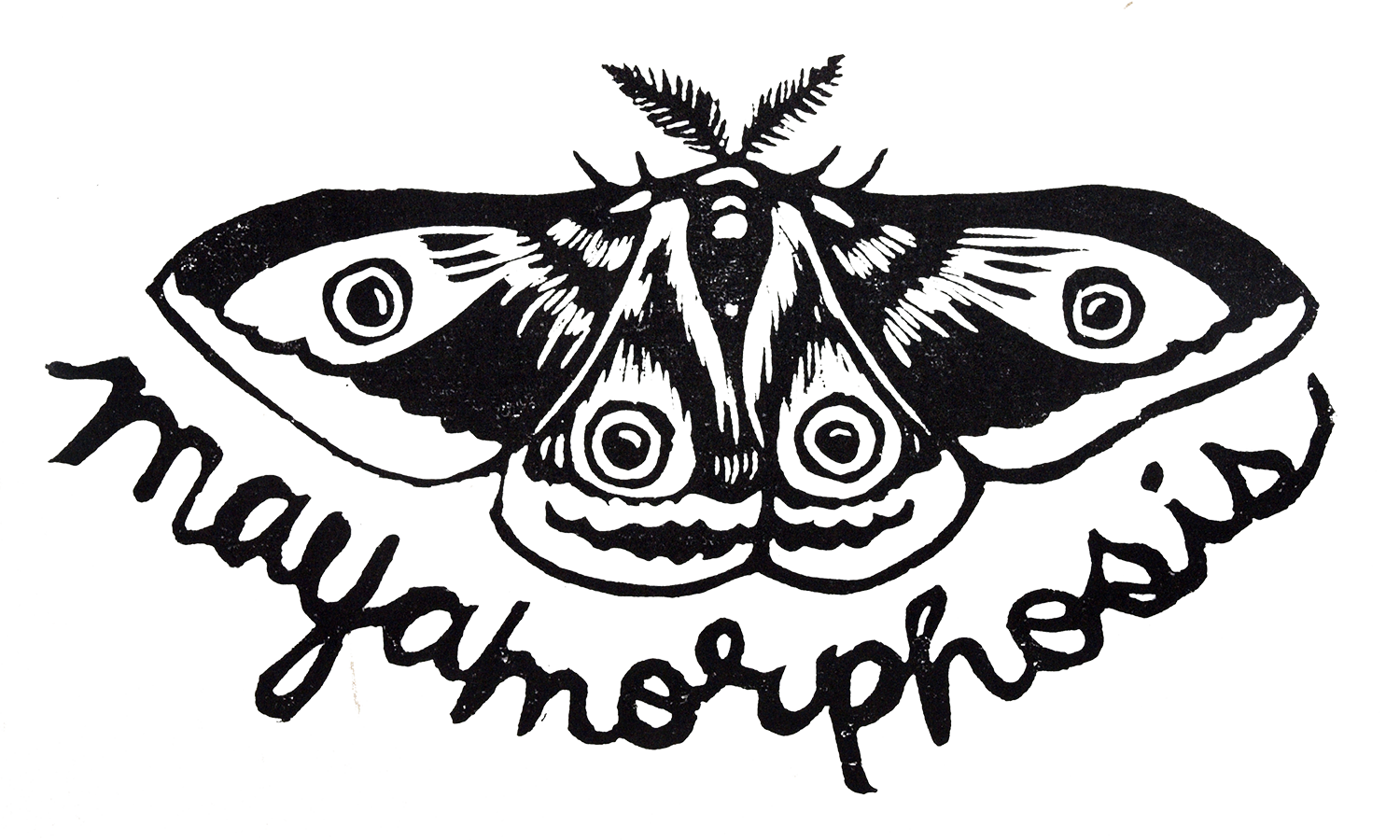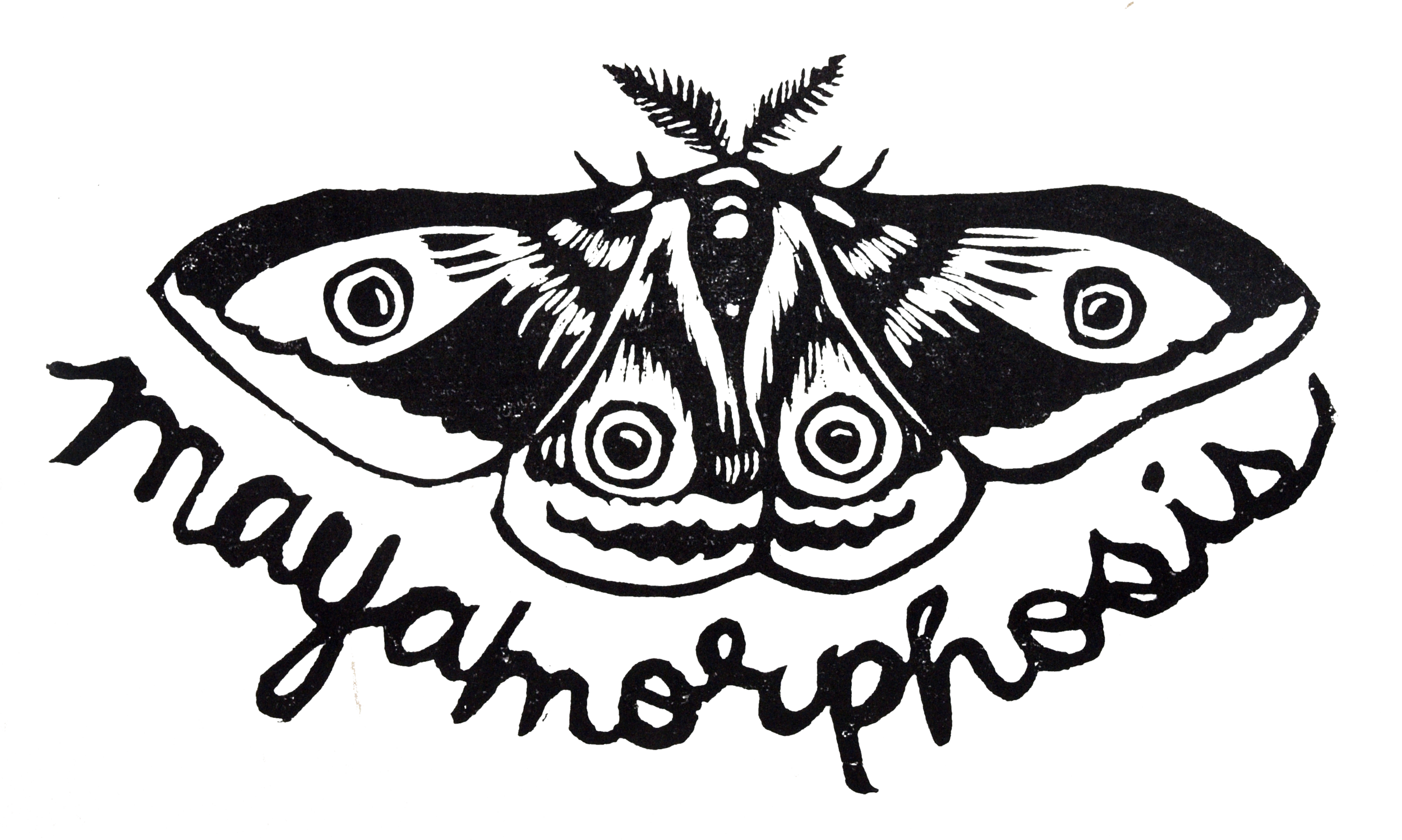Howling at the Moon
“Somewhere to the eastward a wolf howled: lightly, questioningly. I knew that voice, for I had heard it many times before. It was George, sounding the wasteland for an echo from the missing members of his family. But for me it was a voice which spoke of the lost world which was once ours, before we chose the alien role; a world which I had glimpsed and almost entered… only to be excluded, at the end, by my own self.“
– Farley Mowat, Never Cry Wolf
HOWL. Limited edition handmade print on Japanese paper. Matted size 11”x14”
A few years ago I stumbled upon an old copy of Never Cry Wolf, the 1963 novel from influential author and environmentalist Farley Mowat. The story is partly based on Mowat’s experience being sent to the Canadian Barrens by the government to examine the northern wolf population and their relationship with the caribou.
I got pretty quickly hooked into this tale of wilderness and scientific expedition. Seeing wolves through the eyes of a biologist sent to live in one of the harshest, most isolated places in the country was so valuable, and I learned many surprising facts about the nature of wolves.
The complexity and sophistication of their social world struck me most.
Their playfulness, collaboration, and family bonding activities were amazing, and made me instantly fall in love with these creatures. Far from being ruthless killers, they actually keep the caribou population and general ecosystem healthy, subsisting mainly on rodents and other small mammals, and only hunting the weak and sick caribou, keeping parasites and disease down in the herd.
I was absolutely horrified to learn that the Canadian government implements a wolf cull program, killing on average 500 wolves per year in the province of British Columbia alone. This barbaric practice has been going on for decades and continues to this day, despite considerable scientific evidence that it does not help restore declining caribou populations – the pretext for the cull.
I probably don’t have to tell you the real threat to the caribou population. (Hint: what has two legs and likes to shoot guns).
It can be difficult not to feel powerless in a situation like this, but it’s worth remembering that there are actually many ecological success stories when it comes to restoring balance to a compromised ecosystem. (If you haven’t seen Peggy Oki’s Ted talk about her lifelong efforts to protect the earth’s whale populations, I highly recommend.)
Together, let’s create a happy ending for this story.
We can learn to live in greater harmony with our earth. We have to try - it’s the only home we have.
Even the smallest of acts can help make a difference. That’s why 10% of the profits from the woodcut print HOWL will be donated to Pacific Wild’s campaign to save BC wolves.
Click here to learn more.
From the bottom of my heart, thank you for being here. Aouuuuuuuuuuuuu.





